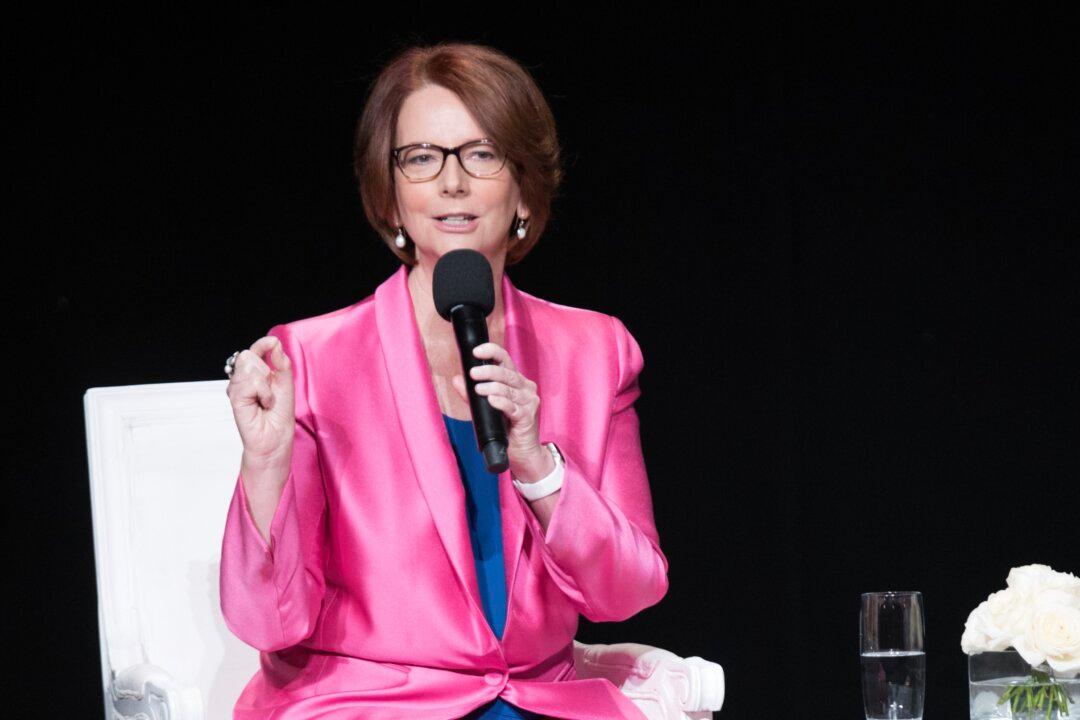A royal commission into early childhood education in South Australia has recommended universal preschool be extended to all three-year-olds, in a system requiring big government investment in extra funding and more staff.
Handing down her interim report on Monday, former prime minister Julia Gillard delivered 33 recommendations, urging SA to take the lead in early education through a program to begin in 2026 and be fully implemented by 2032.





